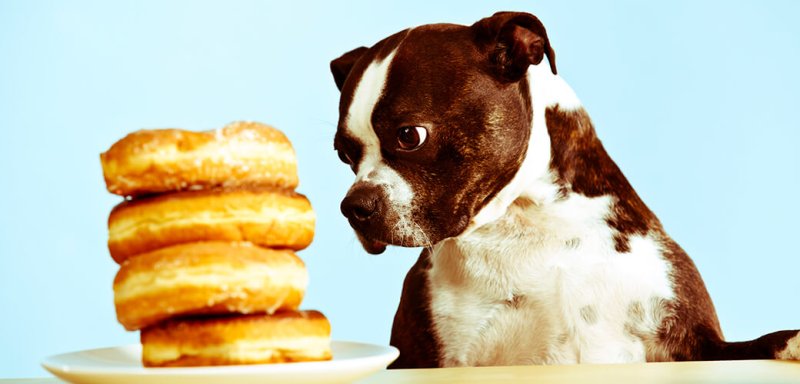An analysis of several kinds of research on dogs has concluded that dogs really do love their owners or other favorite humans. While this may sound obvious, it contradicts a popular—albeit cynical—notion that dogs only think of us as tall servants who fill up their food bowls and walk them.
In one study, dogs were trained to remain still in MRI machines and then they were shown signals that indicated they would get a treat or would see their favorite human. For most dogs, their brains responded more strongly to knowing that they’d see their humans. In another, when given the choice between their human and a bowl of food, dogs picked their humans.
In her video series Dog Training 101, Jean Donaldson, founder and principal instructor of the Academy for Dog Trainers, explained how dog evolution and other factors help account for their personalities.
“It used to be thought in animal behavior that ‘lower’ animals had a lot of preprogramming and limited flexibility and that ‘higher’ animals had less preprogramming and more flexibility,” Donaldson said. “As it turns out, these two categories are much less mutually exclusive and usually intertwined. Dogs are a prime example.”































